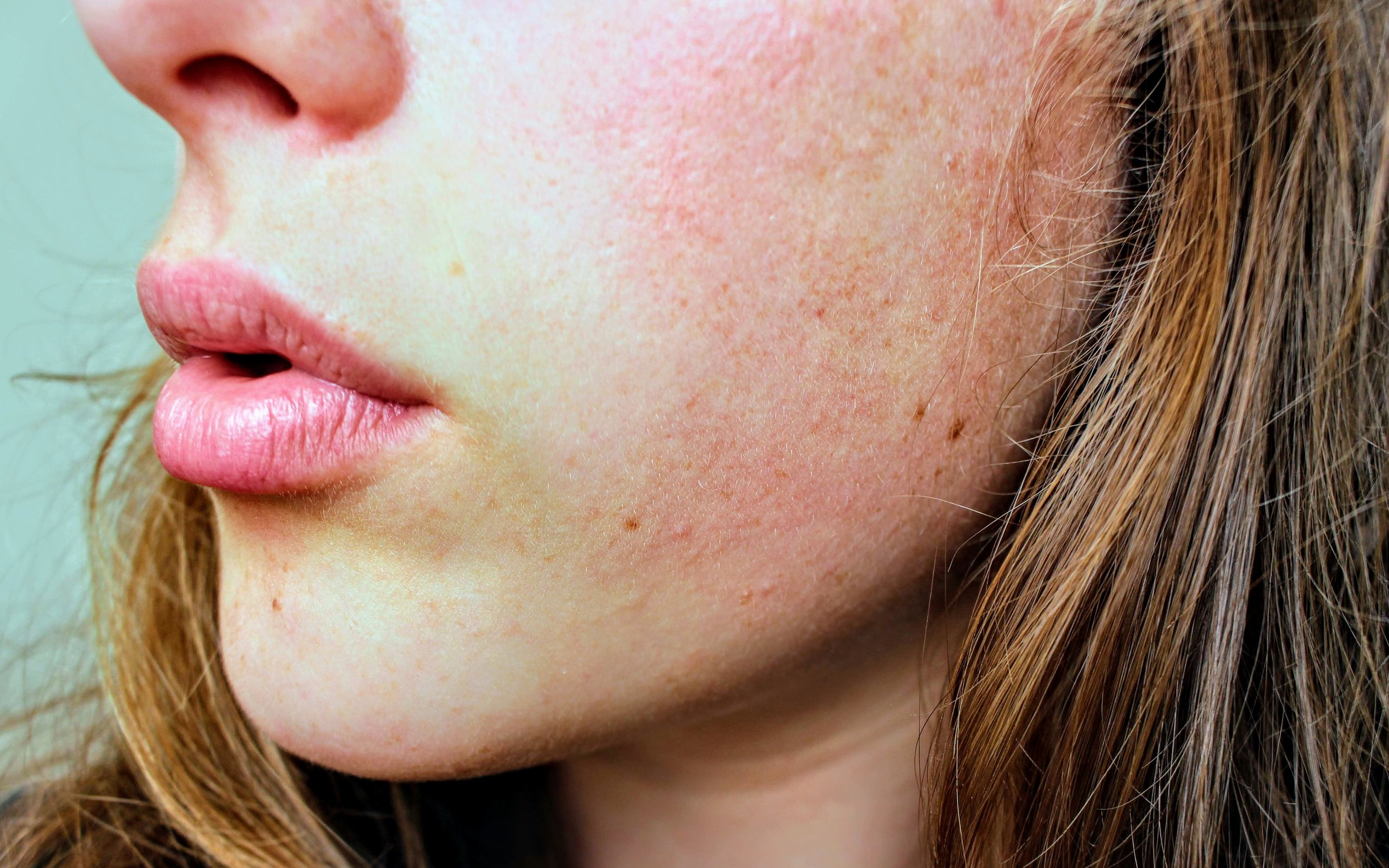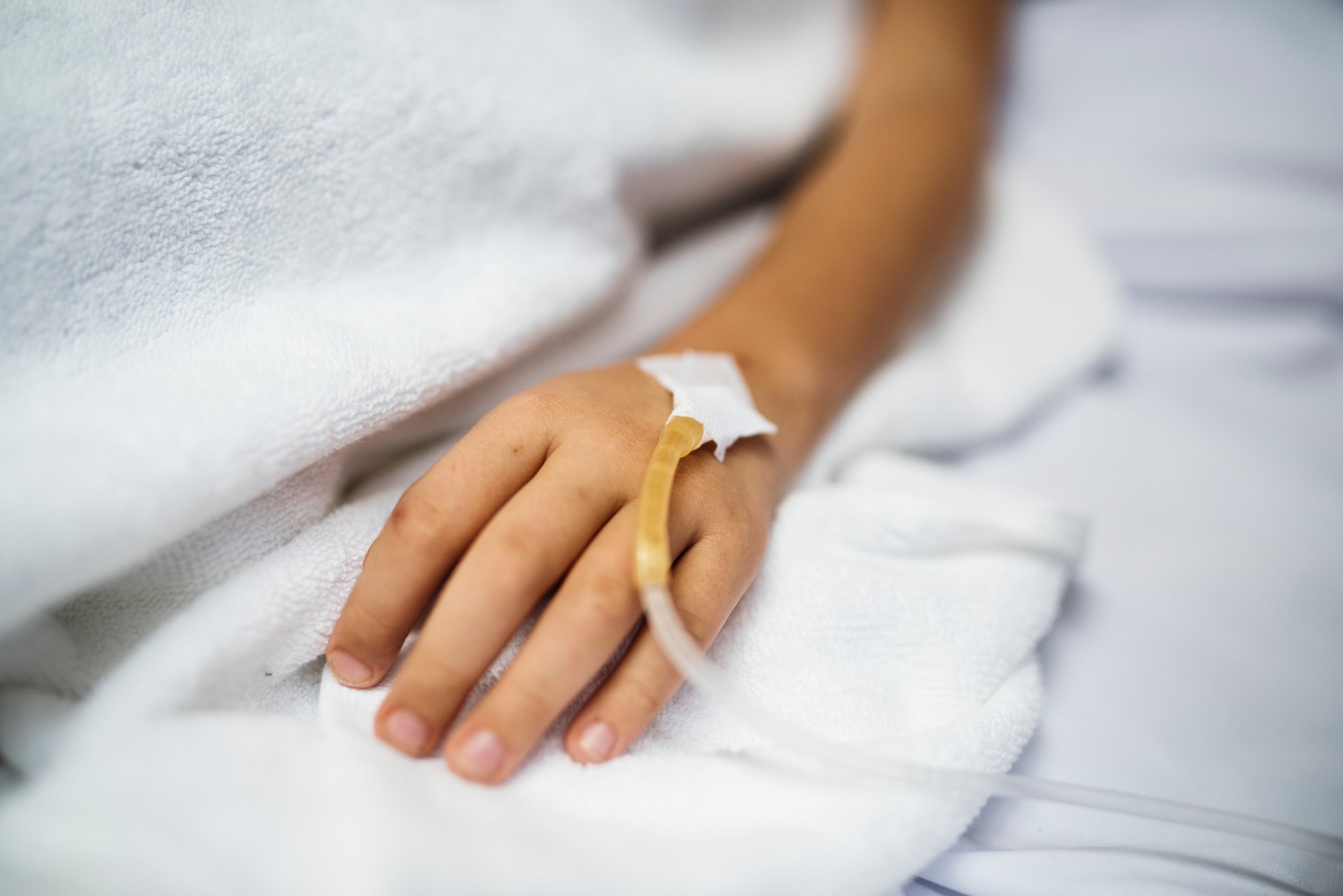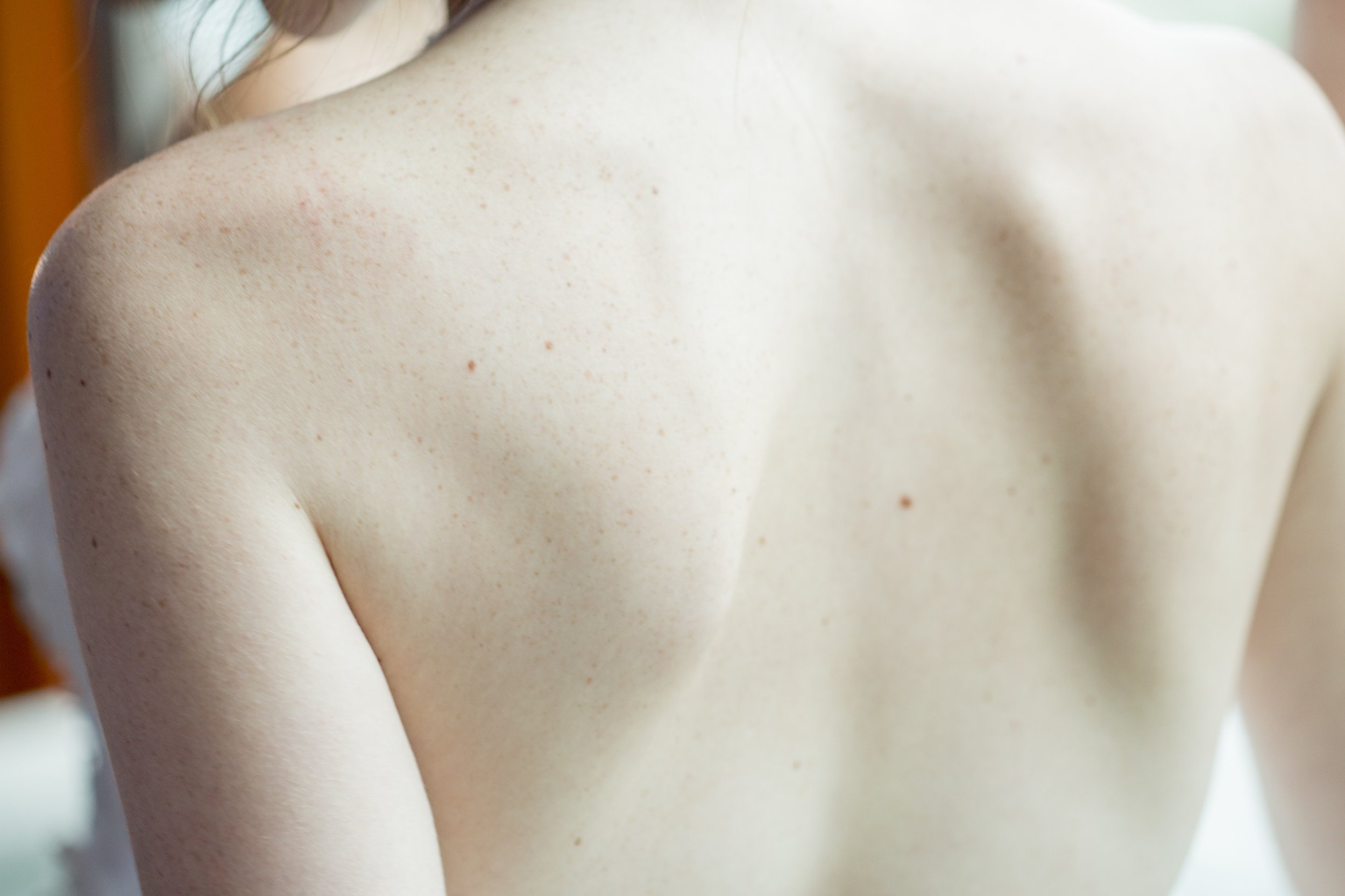Acupuncture for Man's Best Friend
/Those who are dog owners know, they’re much more than just animals — they’re a part of the family. So, when your pup is suffering from any ailment, chances are you’ll go to great lengths to help them.
With a common prevalence among older breeds, many canines suffer from hip pain or tension which can affect everything from the way they walk, sleep and behave.
In Chesapeake Bay, Virginia, Dr. Cooke of Cooke Veterinary has said she founds that many dogs need, and benefit from acupuncture treatment around the hips.
She told ABC 13 News Now that the results of doing so speaks for itself saying, “Statistics on acupuncture, it can be as effective as surgery, 85 percent success.”
If you’re worried that acupuncture might cause your pooch from pain — you can also rest assured. Just like in human acupuncture, Cooke says, "The biggest owner misconception is that it’s painful, like, 'How do you get those needles into them?' It’s simple, it’s just this wimpy little needle but it’s so powerful.”
Though, it;s important to engage in a dialogue with your care provider to determine the best course of action. While acupuncture can, and does, help - there are often situation where veterinary orthopedic surgery is the best course of action. This is typically when the animal is in significant and often unbearable pain, or even is suffering from paralysis, according to Cooke.
Also, it’s important to have realistic expectations for results, as it may take time. Cooke notes, “It’s just like in human medicine, if you’re really sick it’s not going to be one thing that makes you better. We’re going to have to work over time.”
Though, she says that for minor conditions, results might be noticeable in as little as three treatment.
She adds that canine acupuncture treats more than hips, too, noting, “We see a lot for back pain, weakness issues, arthritic issues.”
If you’re noticing . your precious pup might be struggling with hip or joint pain, be sure to ask your veterinarian about acupuncture and how it might help. It (literally) can’t hurt!





















